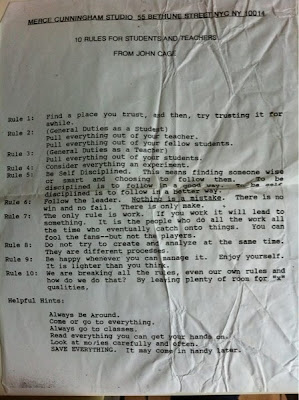More generally, when one is passionately in love and, after not seeing the beloved for a long time, asks him for a photo to keep in mind his features, the true aim of this request is not to check if the properties of the beloved still fits the criteria of my live, but, on the contrary, to learn (again) what these criteria are. I am in love absolutely, and the photo a priori CANNOT be a disappointment – I need it just so that it will tell me WHAT I love… What this means is that true love is performative in the sense that it CHANGES its object – not in the sense of idealization, but in the sense of opening up a gap in it, a gap between the object’s positive properties and the amagalma, the mysterious core of the beloved (which is why I do not love you because of your properties which are worthy of love: on the contrary, it is only because of my love for you that your features appear to me as worthy of love). It is for this reason that finding oneself in the position of the beloved is so violent, traumatic even: being loved makes me feel directly the gap between what I am as a determinate being and the unfathomable X in me which causes love. Everyone knows Lacan’s definition of love (“Love is giving something one doesn’t have…”); what one often forgets is to add the other half which completes the sentence: “… to someone who doesn’t want it.” And is this not confirmed by our most elementary experience when somebody unexpectedly declared passionate love to us – is not the first reaction, preceding the possible positive reply, that something obscene, intrusive, is being forced upon us?






















































